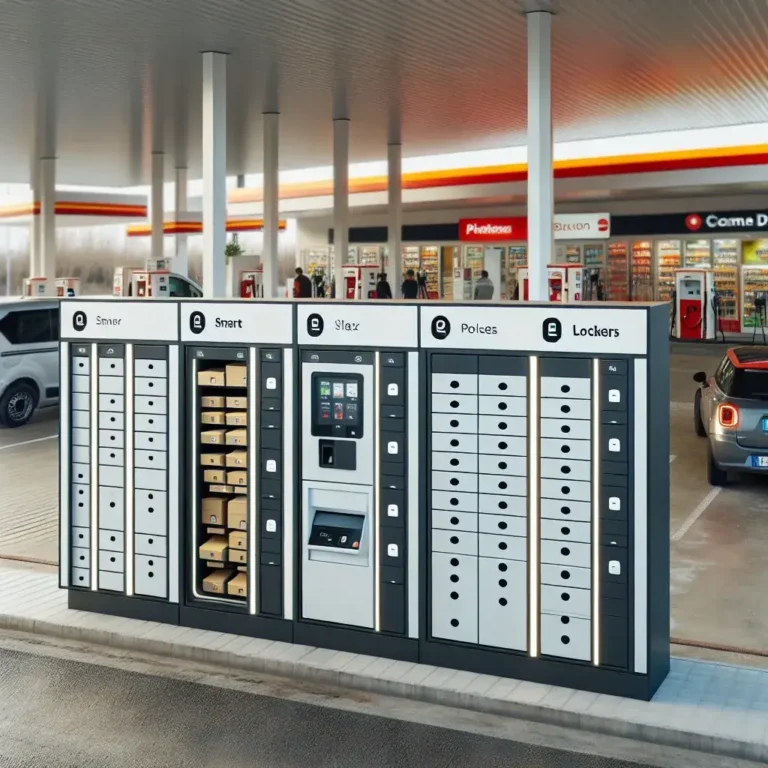Tesla Appeals $243M Verdict in Fatal Autopilot Crash Lawsuit
Introduction
Tesla, the electric vehicle giant led by CEO Elon Musk, is making headlines once again. This time, the company is appealing a staggering $243 million verdict resulting from a lawsuit connected to a fatal crash involving its Autopilot system. The legal battle has drawn significant attention, raising questions about the safety of autonomous driving technology and the responsibilities of manufacturers in ensuring the well-being of their customers. In this article, we will explore the details of the lawsuit, the implications of the verdict, and what this means for the future of Tesla and autonomous driving technology.
The Background of the Lawsuit
The lawsuit originated from a tragic incident that occurred in 2019 in California, where a Tesla vehicle operating on Autopilot crashed into a stationary fire truck. The accident resulted in the death of the driver, who was identified as a 35-year-old man. As investigations unfolded, it became evident that the driver had been using the Autopilot system at the time of the accident, leading to questions about the technology’s reliability and the adequacy of Tesla’s warnings regarding its use.
The Verdict and its Implications
After a lengthy trial, the jury awarded $243 million to the family of the deceased driver, citing negligence on Tesla’s part for failing to ensure the safety of its Autopilot feature. This verdict has sparked a significant discussion about the responsibilities of automakers in the realm of autonomous driving. Is it fair to hold manufacturers accountable for accidents that occur while their autonomous systems are engaged? This question remains a critical point of contention in both legal and ethical discussions surrounding autonomous vehicles.
What Led to the Verdict?
- Evidence Presented: During the trial, the plaintiff’s legal team presented evidence demonstrating that Tesla had prior knowledge of the shortcomings of its Autopilot system. Testimonies from former employees and internal documents suggested that the company had been aware of the dangers but failed to act.
- Expert Testimonies: Experts testified about the technology’s limitations, asserting that while Tesla’s Autopilot may assist in driving, it does not make the vehicle fully autonomous. This perspective played a significant role in influencing the jury’s decision.
- Company Responsibility: The jury emphasized the need for manufacturers to prioritize user safety and provide comprehensive training and warnings regarding the use of autonomous features.
Tesla’s Response and the Appeal
In light of the verdict, Tesla announced its decision to appeal the ruling, stating that the jury’s decision was based on flawed reasoning and that the company had acted responsibly with its product’s marketing and user instructions. Tesla’s legal team argues that the Autopilot system is designed to assist drivers, not replace them, and emphasizes that drivers must remain attentive and ready to take control at all times.
The Legal Grounds for Appeal
Tesla’s appeal will likely focus on several key legal arguments:
- Jury Misconduct: Tesla’s legal team may argue that the jury’s decision was influenced by biases or a misunderstanding of the technology.
- Inadequate Evidence: The company may contest the quality and relevance of the evidence presented by the plaintiffs.
- Comparative Negligence: Tesla could seek to prove that the driver also bore some responsibility for the accident, which may reduce the liability.
The Bigger Picture: Market Impact and Future of Autonomous Vehicles
The outcome of this case and the appeal could have far-reaching implications for the automotive industry as a whole. As more manufacturers enter the autonomous driving space, the legal framework surrounding liability and safety standards will need to evolve. This lawsuit highlights the challenges companies face in balancing innovation with user safety.
Public Perception and Consumer Trust
Public perception of Tesla and autonomous vehicles may also be affected by this lawsuit. Consumer trust in the brand and its technology is paramount, and high-profile legal battles can diminish confidence. Tesla must work diligently to reassure consumers that its vehicles are safe while also navigating the complexities of legal accountability.
What Lies Ahead for Tesla?
As Tesla gears up for its appeal, the company faces a crossroads. The outcomes of such cases set precedents that can impact future regulations and standards for autonomous vehicles. The automotive industry is watching closely, and the implications of this ruling could shape the path forward for not just Tesla, but for all manufacturers venturing into the world of self-driving technology.
Future Predictions
- Regulatory Changes: The outcome may usher in stricter regulations around the marketing and use of autonomous vehicle technology.
- Litigation Trends: More lawsuits may arise as consumers grow increasingly aware of their rights concerning autonomous vehicle safety.
- Technological Advancements: Tesla and other companies may accelerate improvements to their autonomous systems to mitigate liability and enhance user safety.
Conclusion
The ongoing legal battle surrounding the fatal Autopilot crash raises critical questions about accountability in the realm of autonomous driving technology. Tesla’s decision to appeal the $243 million verdict is just the beginning of what could be a lengthy and complex legal journey. As the automotive landscape continues to evolve, both manufacturers and consumers must remain vigilant about safety, accountability, and the role of technology in our lives. The outcome of this case will undoubtedly have lasting implications for the future of Tesla and the broader autonomous vehicle market.




Leave a Comment